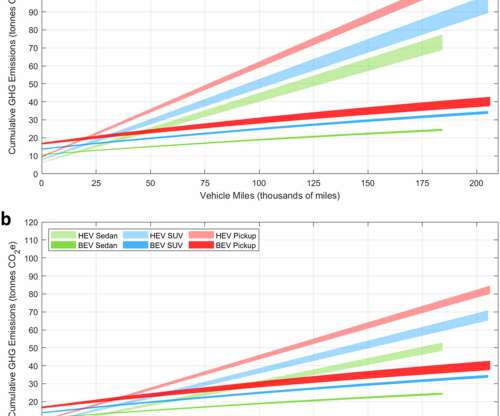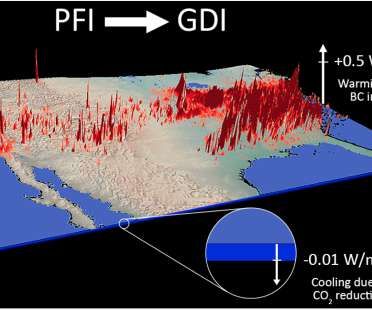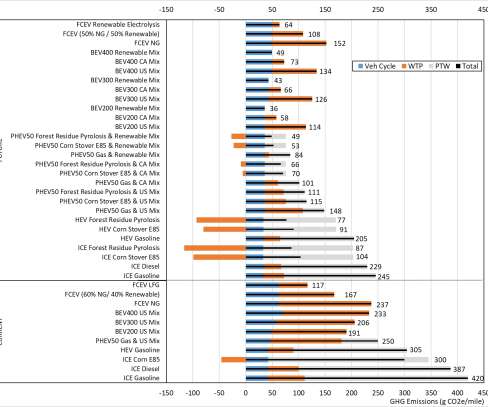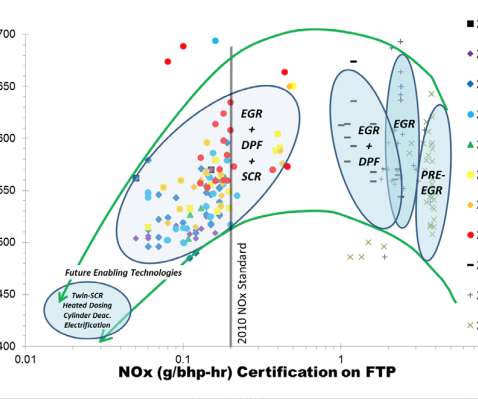Ford, U Mich study finds greater greenhouse gas reductions for pickup truck electrification than for other light-duty vehicles
Green Car Congress
MARCH 5, 2022
Researchers at the University of Michigan and Ford Motor Company have conducted a cradle-to-grave life cycle GHG assessment of model year 2020 ICEV, HEV, and BEV sedans, sports utility vehicles (SUVs), and pickup trucks in the United States.








































Let's personalize your content